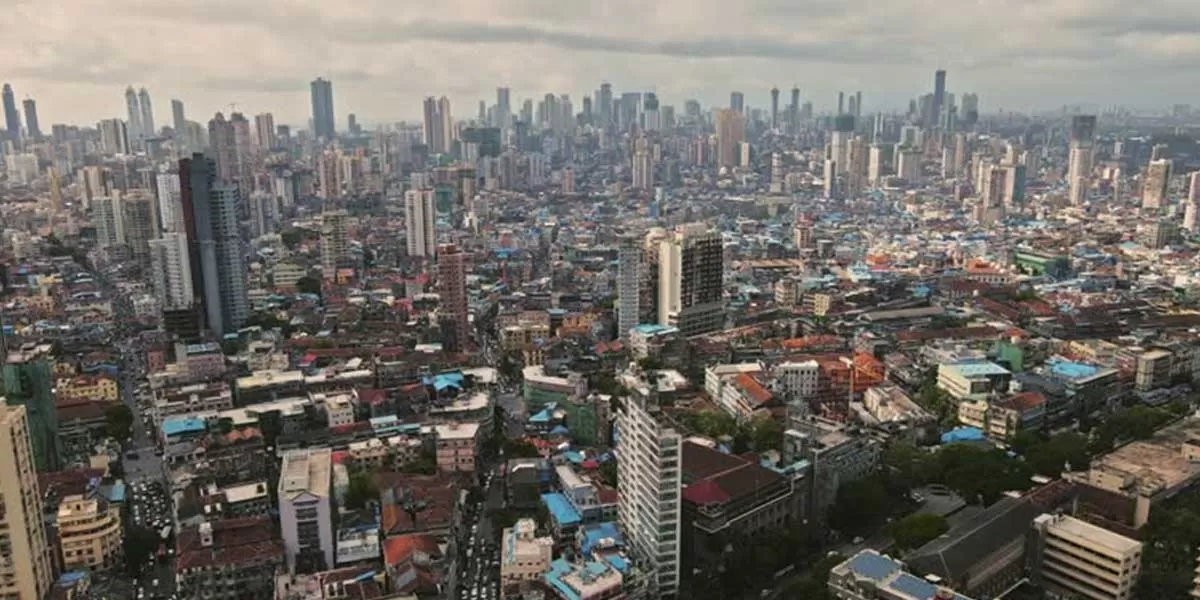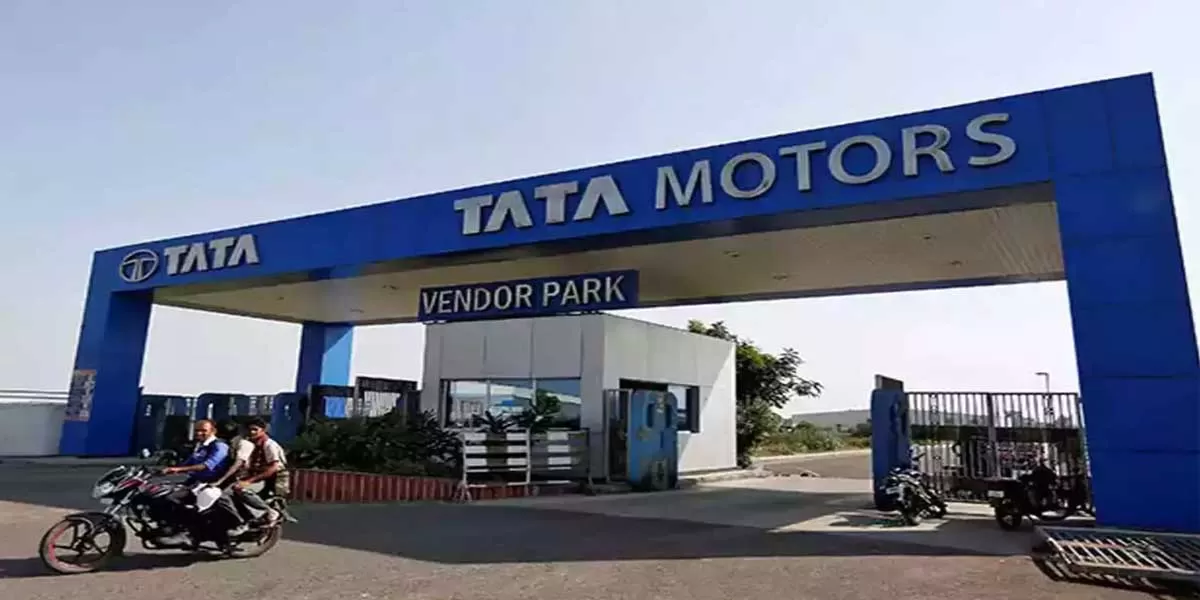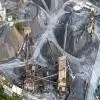
Union Budget Allocates Rs.103.76 Bn for NFR Railway Projects
Redefine the future of urban mobility! Join us at the Metro Rail Conference 2025 to explore groundbreaking ideas and insights. 👉 Register today!

MHADA Announces Major Relief for Master List Beneficiaries
The Mumbai Building Repair and Redevelopment Board of MHADA has made an important decision to grant conditional possession of tenement to the close heirs of eligible original tenants/residents listed in the master list lottery. This decision was announced by MHADA’s Vice President and CEO, Sanjeev Jaiswal, IAS, during a recent meeting held at the MHADA headquarters. On December 28, 2023, the board conducted a computerized lottery for 265 eligible tenants/residents from old cess buildings listed in the master list to allocate tenements. However, after allotment letters were issued for flat ..

Novelis Aims to Raise $750 Mn through 5-Year Bonds
Novelis Inc, a subsidiary of Hindalco Industries based in the United States, announced plans on Thursday to raise $750 million via bond issuance. The company aims to utilise the proceeds from this offering to repay $738 million of existing debt, with any remaining funds allocated to strengthening its balance sheet. The bond offering consists of $750 million in senior notes at an interest rate of 6.875 per cent, maturing in January 2030. This marks a $250 million increase from Novelis’ earlier announcement. As a leading provider of sustainable aluminium solutions, Novelis had reported a decli..

Tata Motors Sees 1% Growth in Global Wholesales for Q3 FY25
Tata Motors Group reported a 1 per cent increase in global wholesales for the third quarter of the 2025 financial year (Q3 FY25), amounting to 341,791 units, including figures from Jaguar Land Rover (JLR). Tata Motors’ commercial vehicle wholesales, including the Tata Daewoo range, reached 97,535 units, reflecting a 1 per cent decline compared to Q3 FY24. However, its passenger vehicles, which include electric models, saw a 1 per cent rise to 139,829 units in Q3 FY25. Jaguar Land Rover (JLR), a key subsidiary of Tata Motors, saw a 3 per cent increase in global wholesales, reaching 104,427 un..















